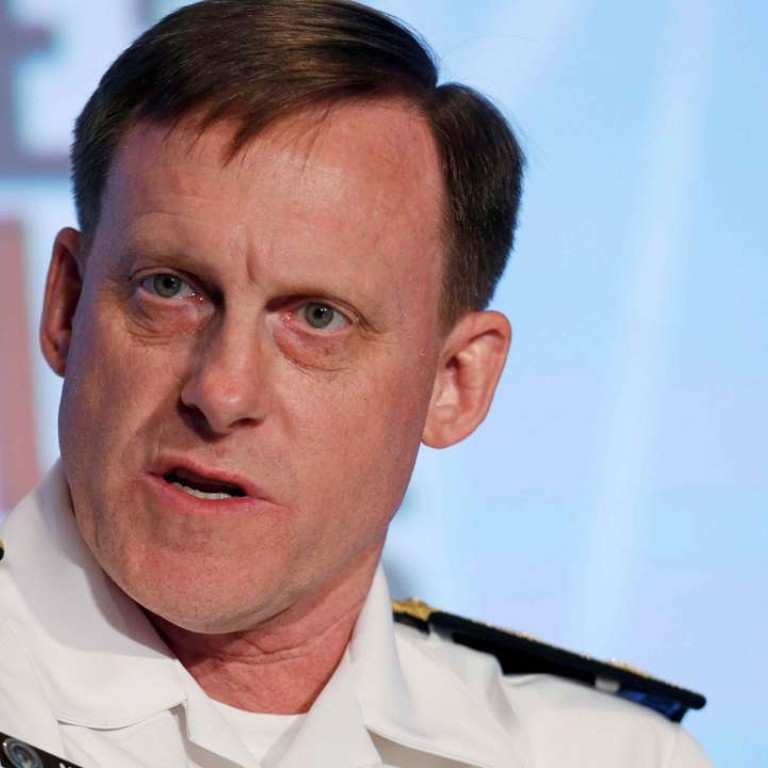
Change at NSA could allow Donald Trump to recast surveillance
A potential structural change to the US surveillance apparatus has thrown the tenure of the National Security Agency (NSA) director, Michael Rogers, into doubt and increased the likelihood that Donald
Trump will have a chance to substantially reshape the US intelligence agencies.
We’ve reached the point where each of these responsibilities ... are large enough and of sufficient magnitude that they should be separate
Even before Trump’s presidential victory, US intelligence was roiled by FBI director James Comey’s unprecedented interference in the election. The upshot is that US intelligence is experiencing internal turmoil just as Trump is placing hardliners in key national security roles.
Sources confirmed Rogers’ job as head of the NSA is in jeopardy, as his superiors ponder a decision that would divorce the surveillance giant from its adjunct military command, the US Cyber Command (Cybercom).
Since its inception in 2010, Cybercom, a cybersecurity and digital-attack entity, has been a conjoined twin with the surveillance and cryptographic specialists of the NSA.
Although the NSA collects vast communications and digital data and performs acts of subterfuge, Cybercom is charged with protecting US military networks and attacking the digital networks of foreign adversaries.
Also since Cybercom’s inception, critics have fretted that the two missions – espionage and military operations in cyberspace – are not a natural fit.
A resolution to that debate has long been deferred, since the NSA’s technical expertise was considered essential to creating Cybercom. Rogers testified to Congress in 2015 that he “strongly recommend[s]” keeping both entities united.
But in recent years, splitting the so-called dual hat arrangement, whereby a single military officer runs both enterprises, has taken on momentum. James Clapper, the director of national intelligence (DNI), has recommended the divorce.
“I do think that we’ve reached the point where each of these responsibilities, as, you know, the Cybercom commander and director of NSA, are large enough and of sufficient magnitude that they should be separate,” Clapper said last month. Should the split go forward, Rogers would be a casualty. Sources said Ashton Carter, the US defence secretary, would replace Rogers at Cybercom.

